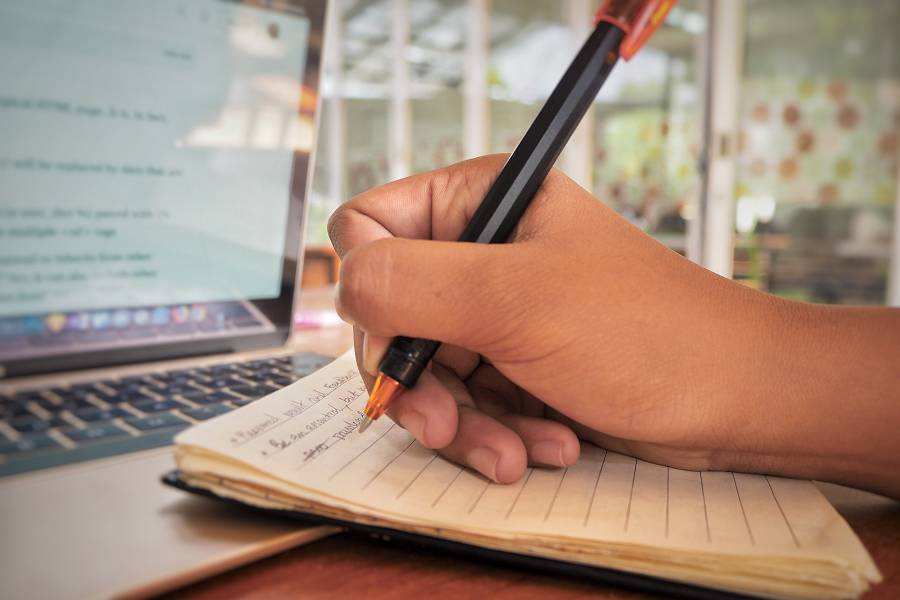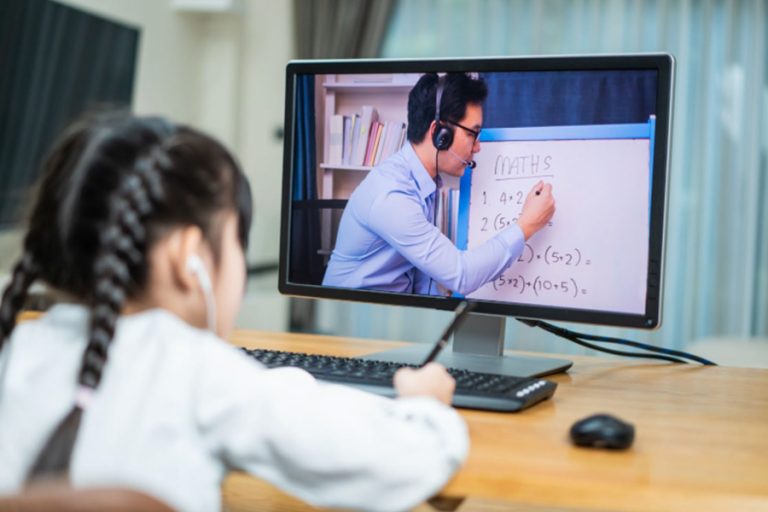
Most university students dislike taking lecture notes, yet attest to their vital importance. Unless you have perfect recall, you’re not going to get anywhere in higher education without well-honed notetaking skills. Anyone who has reviewed a shoddy set of notes just prior to a final can attest to this truth. The sense of regret, frustration, and impending doom at trying to decipher pages of chicken-scratch is unparalleled.
We at Unemployed Professors have thus put together a set of tips that will help you arrive at finals with the composure and confidence that only the well-prepared know.
Consider using a laptop or tablet:
Today, many students are taking advantage of the speed and legibility available through typing, rather than writing. Laptops and tablets can also use specific programs, such as Evernote or OneNote, which help facilitate the note-taking process. Just make sure that your typing skills are up to the task, and that you know how to use the necessary shortcuts and commands (e.g. inserting tables and lists). If you do choose a laptop or tablet, remove all possible distractions by disconnecting from WIFI before lectures begin.
Don’t be afraid to note-take by hand:
While laptop note-taking is en vogue, and offers greater speed, legibility, and editability, research indicates that taking notes by hand results in greater retention. This makes sense, since writing by hand is slower, and therefore requires the note-taker to be more engaged. Keep in mind, however, that if your handwriting tends to turn to chicken scratch when writing fast, or when your hand is tired, you may wish to opt for a laptop.
Don’t just note-take in class:
You should also write notes when conducting readings, and also after class. Note-taking before class will help you prepare for the lectures, and may, therefore, preclude the necessity for recording everything uttered by the professor. By committing a few jottings to paper after class, you can help consolidate the material just covered.
Consider recording audio files of the lectures:
In this way, any difficulties interpreting your notes at a later time can generally be resolved. And, if you have time, re-listening to the lecture outside the classroom, and with the benefit of retrospection, will often allow you to draw more from the lecture than you did at first hearing.
Insert gaps in notes:
This is especially important when note-taking by hand. Always leave a gap between topics, or if you have trouble hearing or understanding something. This will allow you to add relevant information later, or to delve more deeply into an interesting factoid or insight.
Consolidate:
Consider summarizing your notes after, either by hand or by computer. For most people, merely re-reading notes isn’t enough to internalize the information. When summarizing, however, make sure that you aren’t just copying from your base notes. Try to read sizable portions, and then paraphrase them.
The ability to take clear, concise, and compelling lecture notes is vital to university success. By following these tips, you will enjoy the decided advantage of a clear, well-organized and complete set of notes – the basis of academic success at university!
With that in mind, ask the team of academic professionals at UnemployedProfessors.com any questions you may have regarding their college writing services and they will be more than happy to guide you along the arduous path!





